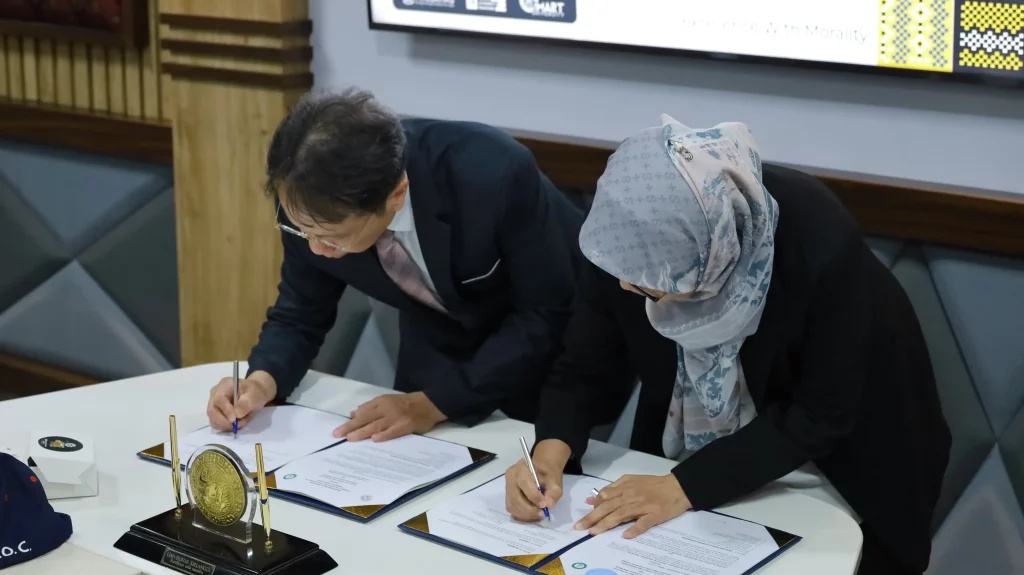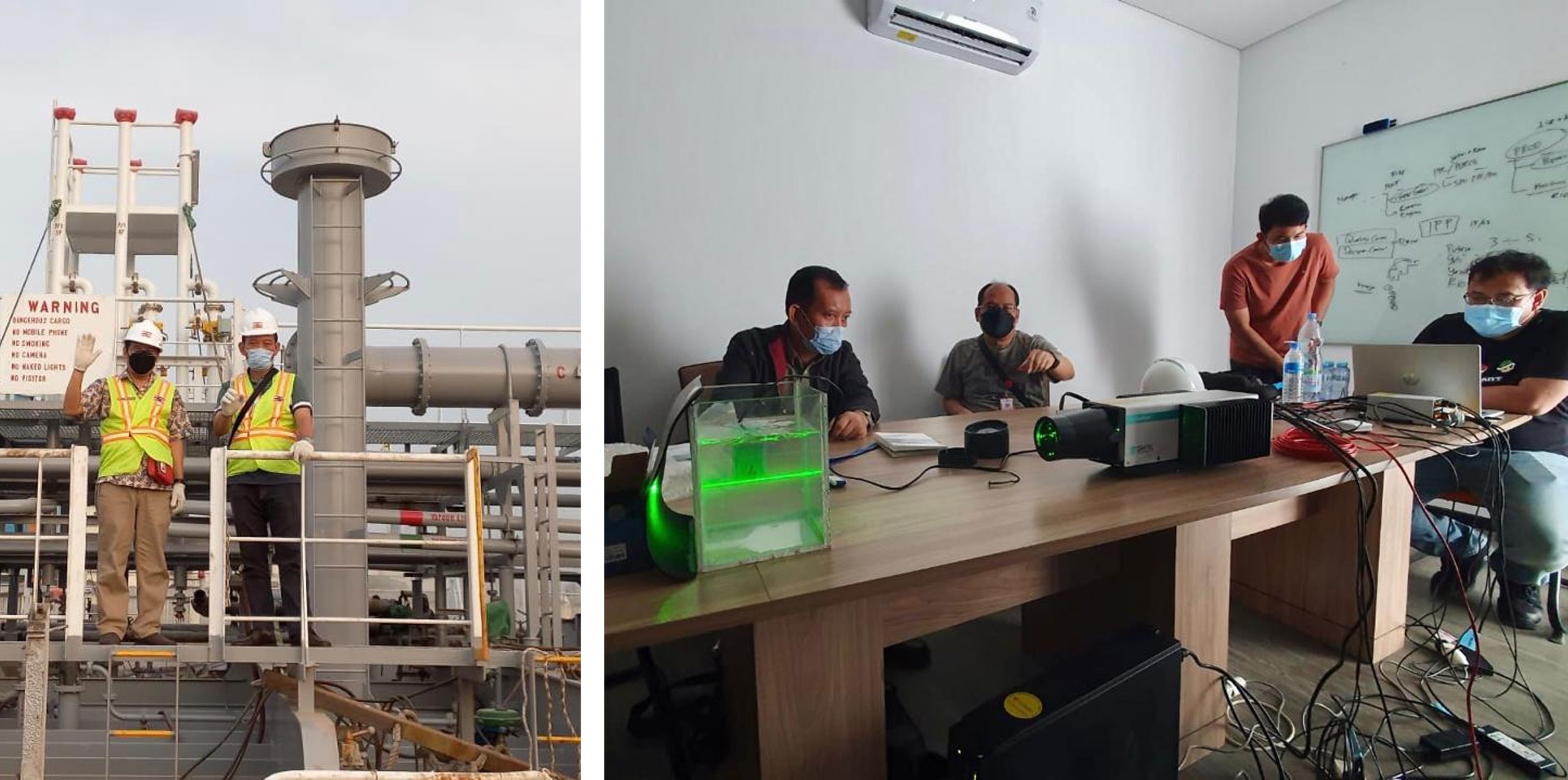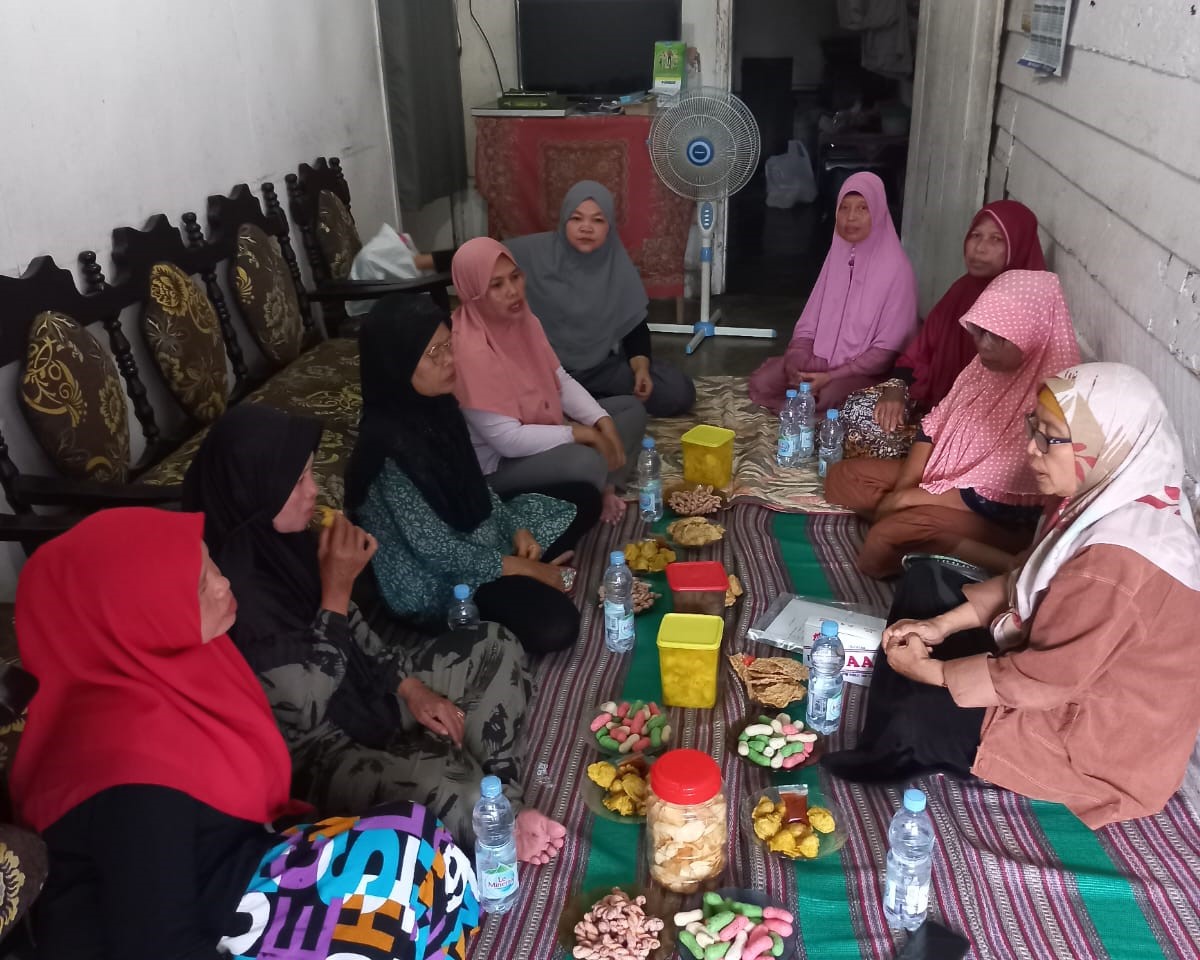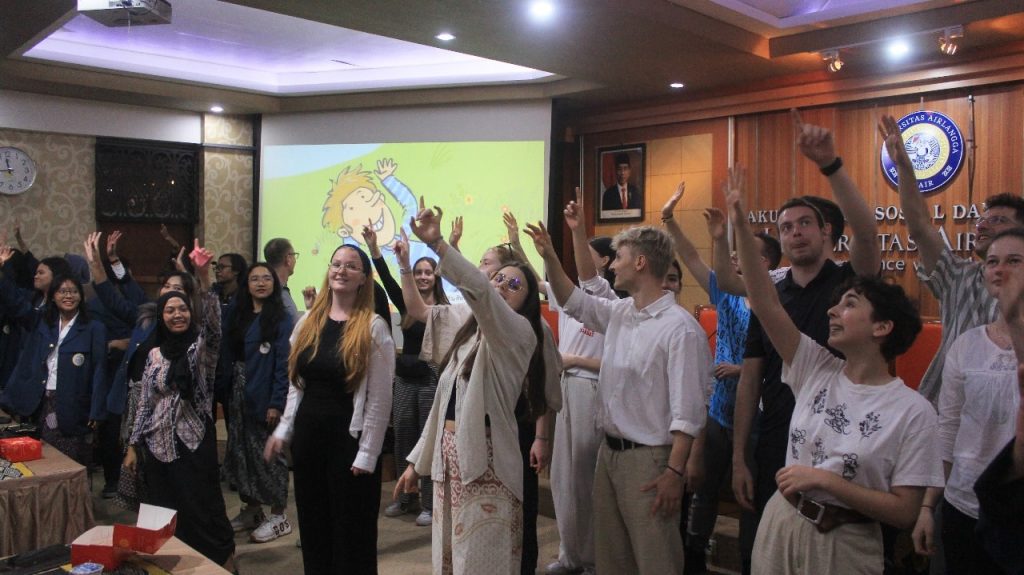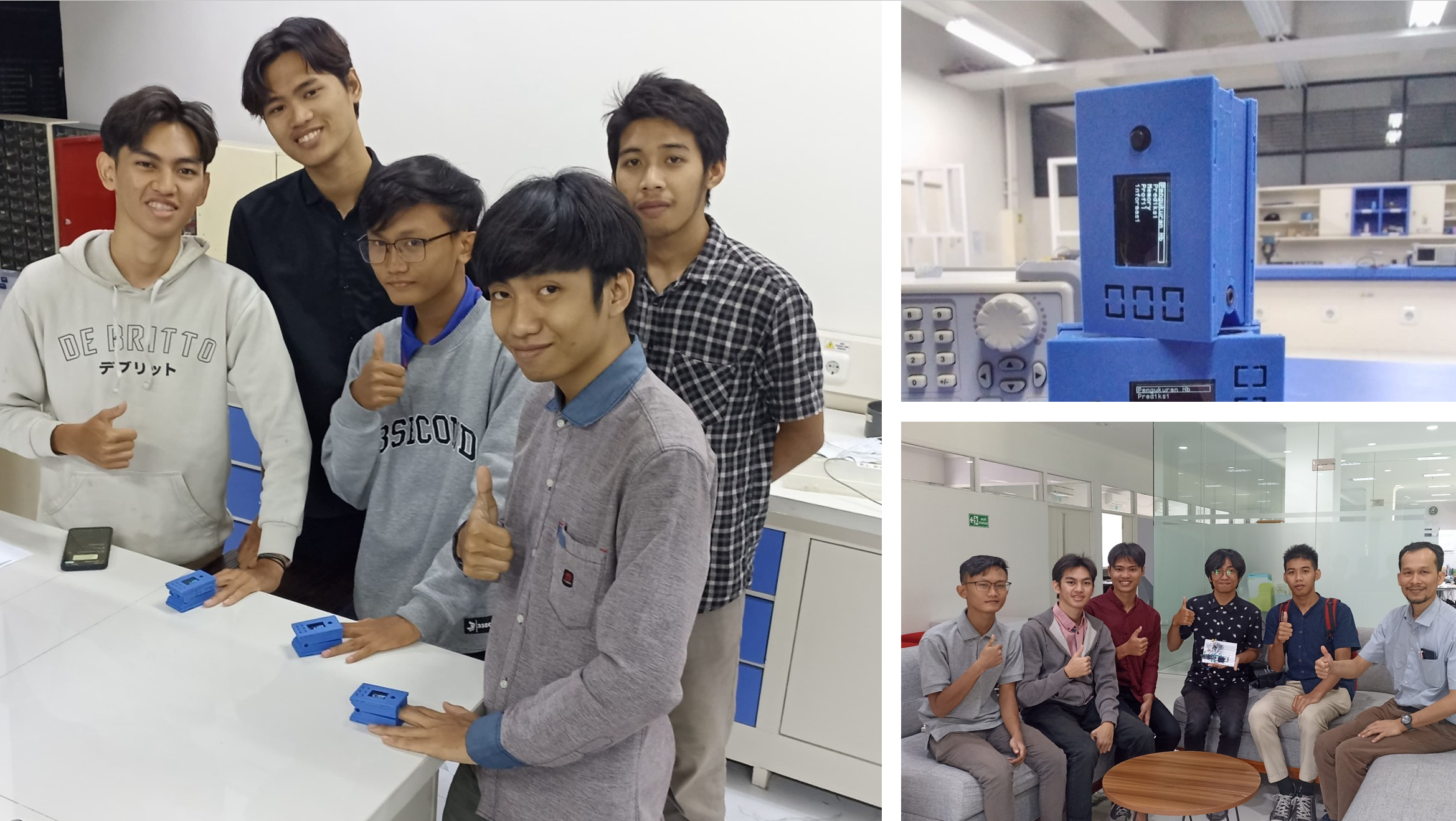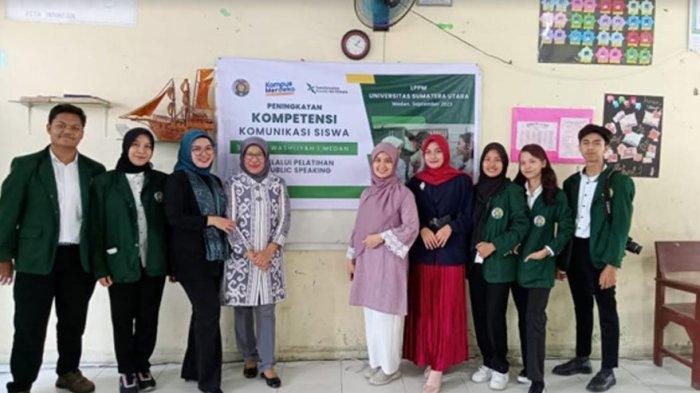Three Universitas Airlangga (UNAIR) alumni who developed the Markas Walet (lit: Swallow Headquarter) business, M Fairuzzuddin Zuhair CEO of Lentera Alam Nusantara or Markas Walet and two co-founders Maulana Satria Aji and M Taufiqul Yakin won an international business pitch competition. They achieved a proud feat as the best presenter in a pitching competition at the National University of Singapore (NUS) last March.
Fairuz, representing the team, explained that Markas Walet is a company engaged in manufacturing and agro-technology. Specifically, in the swallow’s nest ecosystem. “We are engaged in manufacturing and agrotechnology, especially in the swallow nest ecosystem. We manage the swallow nest so that it can be more optimal in terms of quality and quantity,” M Fairuzzuddin Zuhair told UNAIR NEWS on Tuesday, April 2, 2024.
Furthermore, Fairuz also explained that the Markas Walet business is a “huge opportunity” as research on swallow cultivation is quite limited, so there is no specific guide to optimize the management of the swallow nest ecosystem. “So far, they mostly base it on myths like others’ statements. In fact, to improve the quantity, it should not only be based on mythical aspects, but also scientific aspects,” he explained.
Fairuz said that the huge market opportunity was the team’s strong reason for developing the Markas Walet business. In his opinion, there is a great need to develop education in swallow nest ecosystem management. Furthermore, based on agricultural data, there are hundreds of thousands of swallow nest in Indonesia, but only about three thousand can be accounted for. “So we need to improve the registration of the swallow nests so that the export quota approved by the destination country can be higher,” he added.
In developing the business, Fairuz and his team also integrated artificial intelligence into the swallow nest management system. This makes the company the only swallow nest management company developed in Indonesia. Fairuz and his team also saw that the market size of swallow nests is relatively large. “So the market is very big, and the demand is increasing by about 10-15 percent every year,” he said.
In terms of target market, the company plans to enter the Chinese market. Another effort he has made in managing his own company, Markas Walet, is to unite the views and contributions of each founder and focus on this business opportunity.
“Maybe for the BPBRIN Incubator start-up team, we need to look and capture with our helicopter view, we don’t need to look at the short term of our business journey. With a helicopter view, we can assess the extent of our business potential. We can anticipate this by actively playing, participating and expanding our knowledge on the national and international stage,” he concluded.
For the record, Fairuz has also won the LPDP Business Growth Plan 2023 event. As a result of this achievement, Fairuz had the opportunity to attend a short course in Singapore, and this pitching competition was the main event of the course.



.jpg)
.jpg)



